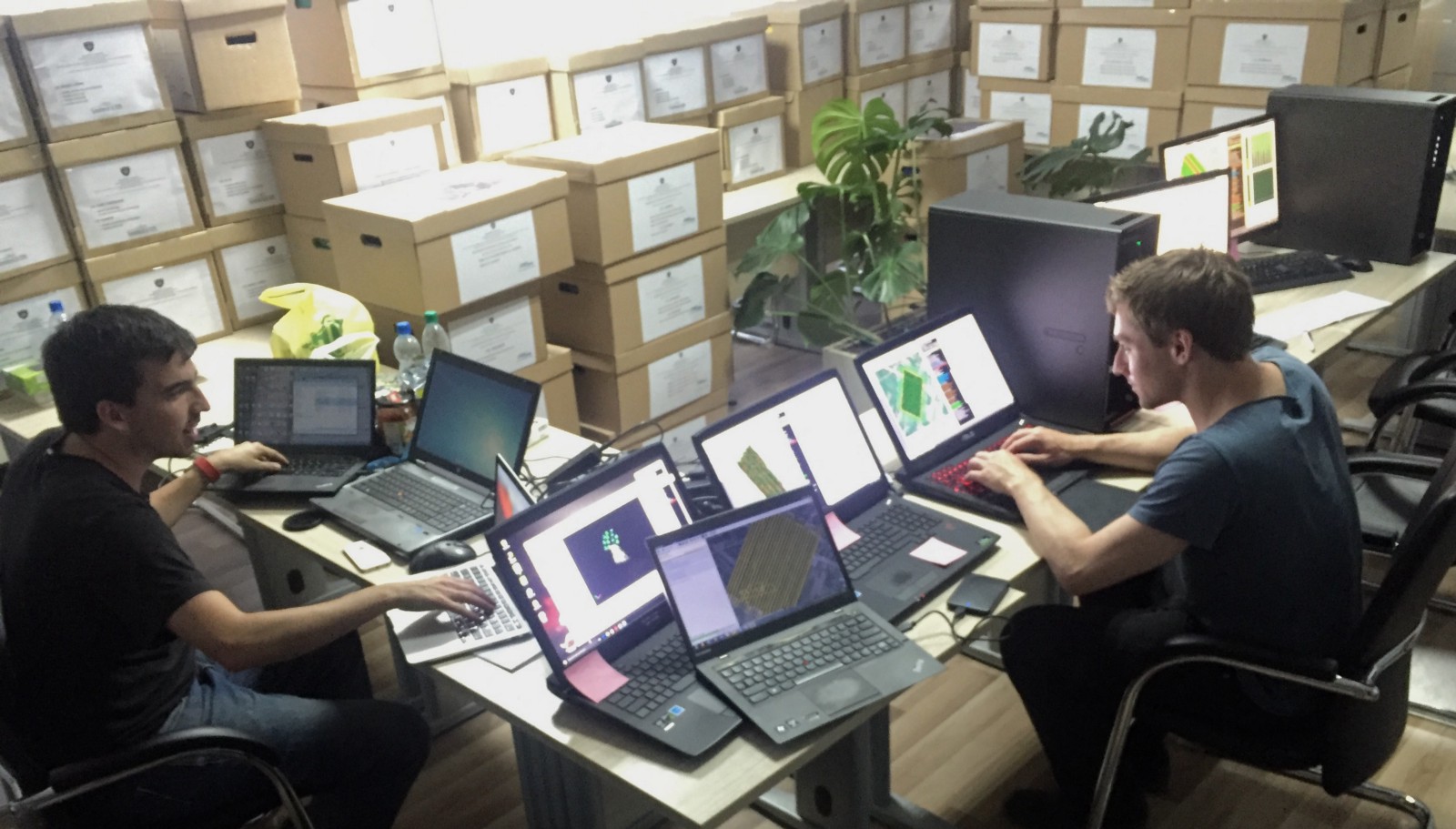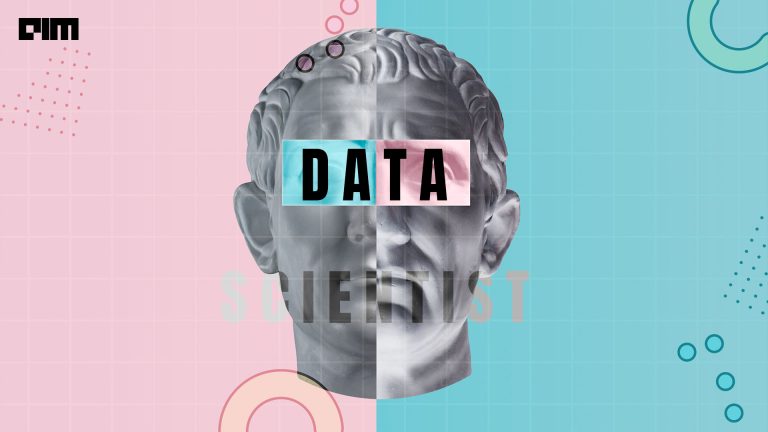India has seen a sudden rise in data science careers over the last decade or so. In fact, according to a study by Analytics India Magazine and Edvancer, the number of new analytics jobs advertised per month increased by 76% from April 2017 to April 2018.
However, despite the thriving field, it may become difficult for people who are not from the data science background to jump into this sector directly. This is why we have compiled this list of eight things to keep in mind and avoid while starting a data science career.
1.Do not complicate your resume:
Keep your resume short and simple. Do not add additional complex, technical terms in your resume that do not reflect your actual skills at large. You may have learnt plenty of tools and skills, but listing them all in bulk will not help. Instead, describe how you ended up with a solution while dealing with a problem. Companies are more interested in the hows of the problems that you have dealt with so far, and not the whats. They are more interested in what you have learnt in a precise, neat manner. Do not just list the tools are libraries but describe how you used them.
2.Your LinkedIn profile is sacrosanct:
Many recruiters from the IT sector, especially from the data science field, find their employees via LinkedIn. The data science community on LinkedIn is one of the most active communities. Update your skills and your learnings time to time, and you might have a recruiter offering you a data science job based on your LinkedIn profile. An answer on Quora details how Google recruited her based on her LinkedIn profile. So, always take what you write in your LinkedIn seriously.
3.Do not let your degree and certifications increase your expectations out of proportion:
The online courses world is filled with courses in data science. With the luxury of distance and quality learning, many aspiring data scientists are enrolling themselves for these courses. It obviously does not go to waste. The knowledge you gain will bring you closer towards becoming a data scientist. But recruiters mainly look for what practical applications you have contributed to, rather than certification courses. The courses only teach you the basics of data science. Working in an organisation is far different than that. You have to deal with clients and the teams and work on different problem statements frequently, and an experience in practical applications will help you with it. Doing small projects before you land a job as a data scientist will always help and add value to your CV. A degree definitely proves your knowledge but it does not prove how good you are at it, even if your score is high. A Gitbub account would also help. Degree and certifications definitely help you, but you need to make further efforts with it.
4.Do not narrow your search:
If you want to jump into an organisation that offers the designation of a data scientist and are not ready to compromise on any other position — don’t. Many organisations are also relatively new to hiring data scientists. You may not find plenty of the “data scientist” designation offers at one time. Do not limit yourself to just that one opening. You must be open to taking up related designations as well. Job designations like data analyst and quantitative analyst also require a similar kind of background. The designation could be slightly different, but the job and the skills that the position will allow you to develop could be the ones quote like a data scientist.
5.Do not underestimate communication skills:
You must have underestimated communication skills, but they matter very much for a data scientist. People generally do not expect this skill to be important because data science is purely considered as a technical job. But they function in cross-functional settings. It is one of the least talked about skills and if you are planning to jump into data science expecting that you will only have to spend time in front of a screen, be ready to be disappointed. A data scientist needs to communicate rigorously and be able to explain to the team what problem they are dealing with, in a language that they clearly understand. They are expected to present their analysis to the team who may necessarily not understand data science at all, like HR and operations. You should be able to explain your analysis and results to a bunch of non-technical people in your organisation and unless you do not understand the problem completely and possess good communication skills, you will not be able to do so.
6.Do not dig deep into just the theory:
Many beginners in data science tend to spend too much time learning the theory. A basic theory is sure important but do not dig deep into it for too long. Jump into practical applications and take up projects. Practical applications will help you appreciate the knowledge that you have gained through the theory. Too much of time in theory might also lead to feeling demotivated and you might end up giving data science up. Learn both the aspects at the same time, in small steps, instead of learning all the theory at once and then moving to practical. Balance both theory and practicals. That way you will master both eventually.
7.Do not try to learn multiple tools at once:
Learning multiple tools at the same time is not going to be of real help. Doing that may make you aware of the tools at the basic level but a master in none. It is important to keep in mind that the goal is to learn data science. The best approach is to learn one tool completely at one time so that you can tackle complex data science problems with it. You can then move on to other tools of your choice and learn it end-to-end. Based on a study by AIM and Edvancer, recruiters are increasingly moving away from technology and tools-based recruiting to skills-based recruitment. More broadly, there has been a significant decrease in the jobs advertised for a specific tool. Analytics recruiters are becoming aware that unlike IT, analytics requires a combination of skills, and tools are just one aspect of it.
8.No not neglect domain knowledge:
You are applying as a data scientist to a company, but you must be aware of what kind of an organisation it is based on, accordingly prepare yourself with the basics of the organisation domain. While working as a data scientist you must know and understand the basic functioning of the organisation as well. For example, finance in case of banks. It will definitely add value to your knowledge during the interview.



















































































